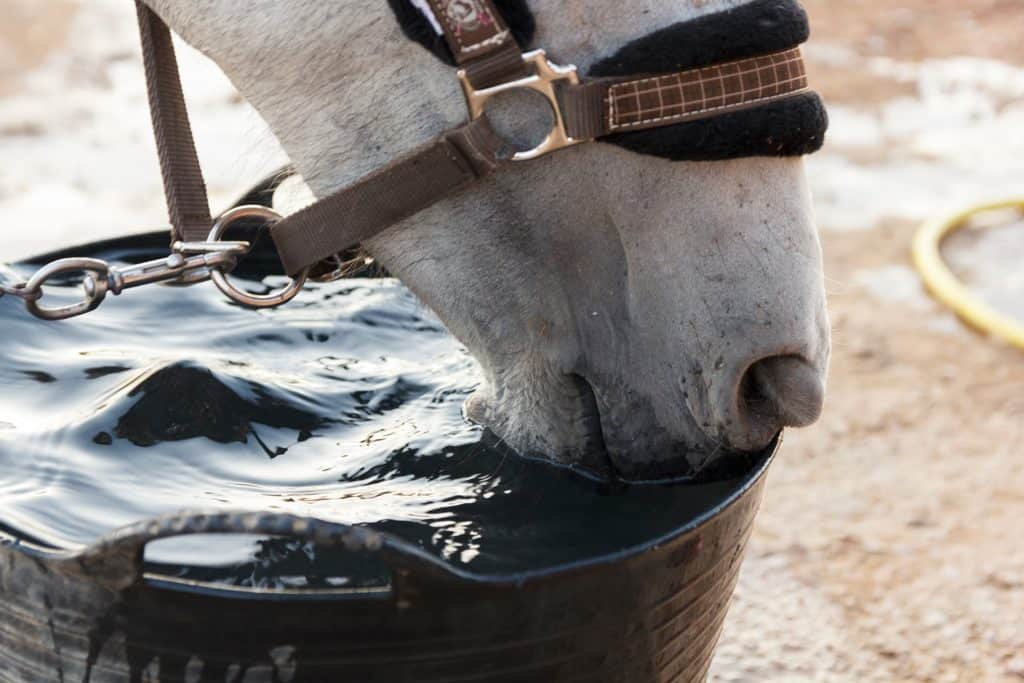
Rules for Feeding Horses Forage
An equine nutritionist emphasizes the importance of fiber in horse diets and shares 2 rules for safe fiber-feeding practices.
How to care for the basic health needs of horses

An equine nutritionist emphasizes the importance of fiber in horse diets and shares 2 rules for safe fiber-feeding practices.

Here’s how you can recognize the early signs and risk factors for EGUS, and how veterinarians diagnose and treat the condition.

Researchers believe exercise, stress, and diet can contribute to leaky gut in horses, but a prebiotic product might reduce the incidence.

Extruded horse feeds offer higher digestibility, longer consumption time, and decreased dust and pathogens, making them an ideal option for feeding some types of horses.

Read about the steps veterinarians and farriers take to identify, evaluate, and treat riding horses’ hoof problems.

An equine nutritionist describes the connections between heat stroke and leaky gut in horses and what you can do to prevent these problems.

How to ensure the late-gestation mare is getting enough nutrients to meet both her needs and those of the developing fetus.

An equine nutritionist explains why beet pulp might be a useful addition to your senior horse’s diet, especially during colder months.

Assessing a horse’s limbs, feet, and body can help you and your veterinarian identify anatomical traits that could end up being performance-affecting liabilities.

Equine neuroaxonal dystrophy (eNAD) and equine degenerative myeloencephalopathy (EDM) both plague the horse’s central nervous system.

By focusing on positive training tools, veterinarians can help horses see health interventions as less threatening.

Researchers say this method of extracting horses’ cheek teeth could reduce complications during and after surgery when traditional extraction methods fail.

Find out what commonly applied practices horse owners and caretakers tend to overdo.

A veterinarian with equine podiatry expertise describes frog exfoliation and what you should do if it happens to your horse.

Just because your horse has access to water does not guarantee he’s drinking enough. Learn more about how to keep horses hydrated.

What could cause a horse to develop equine odontoclastic tooth resorption and hypercementosis (EOTRH)?
Stay on top of the most recent Horse Health news with
Notifications